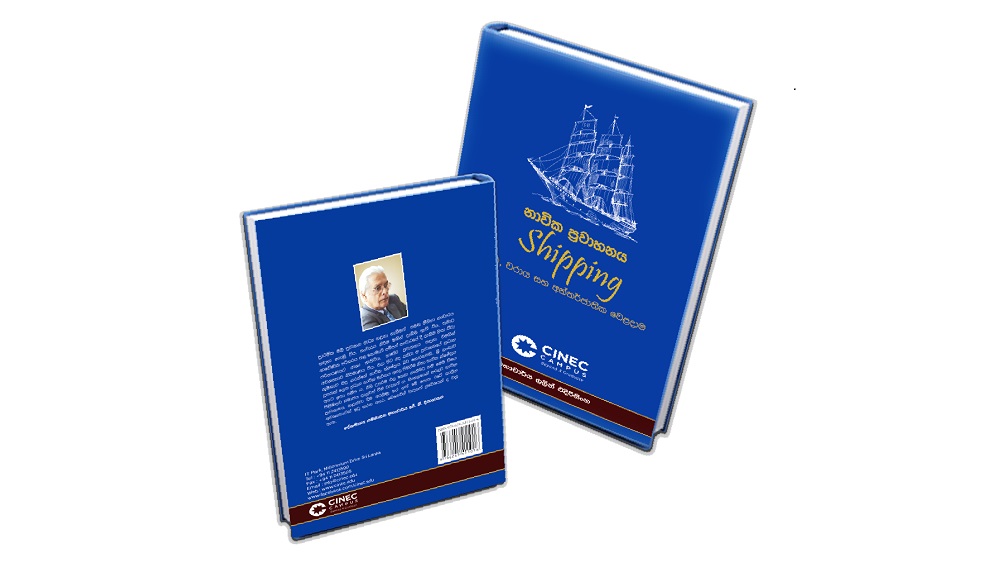
CINEC Campus in Malabe, the largest maritime educational training facility in Sri Lanka, has expressed its fullest support for the introduction of Commercial Shipping and Maritime Science (CSMS) as a new school subject for students starting from Grade 06. In a landmark development for Sri Lanka’s education system and maritime industry, the National Institute of Education (NIE) recently announced the introduction of CSMS as a new subject for students starting from Grade 06 under the directives of Ministry of Education.
The initiative aligns with the Government of Sri Lanka’s vision to increase the number of Sri Lankan seafarers from 16,000 to 50,000 by 2030. The introduction of CSMS in schools will provide foundational knowledge in commercial and scientific aspects of shipping, fostering personal development, employability, and entrepreneurship among students. Newly introduced CSMS curriculum covers six major topics: the evolution of shipping, commercial and economic contexts, technological advancements, the indispensable nature of maritime transport, practical skill development, and interdisciplinary connections. These topics aim to provide students with a comprehensive understanding of the maritime industry, its economic importance, and its global impact.
CINEC Campus has played a pivotal role in this initiative by authoring and publishing the official textbook for CSMS, written by Chair Professor Lalith Edirisinghe. The curriculum and textbook aims to develop students’ competencies in various aspects of maritime science and commercial shipping, preparing them for future challenges and opportunities in the global maritime industry. The primary goal of integrating CSMS into the school system is to equip students with practical knowledge that can lead to sustainable income and job opportunities in the global maritime industry. This move is expected to generate significant foreign exchange earnings for Sri Lanka, as seafarers employed on international ships bring in substantial salaries. Moreover, increasing the seafaring community could indirectly benefit society by reducing the number of unskilled workers, thereby enhancing family incomes through higher-earning maritime jobs.



